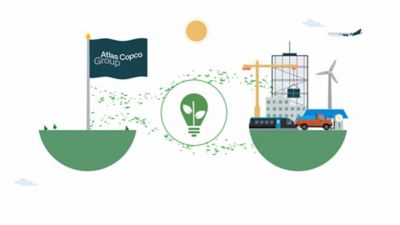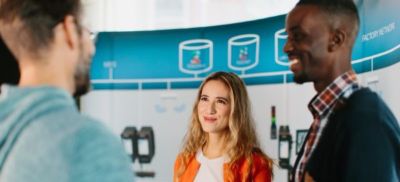Episode 17 - Human-centric AI
In a world increasingly shaped by AI, the lines between human decision-making and machine-driven outcomes are becoming more blurred. To explore this complex and evolving landscape, we're bringing together two powerhouse perspectives. On one side, we have our CHRO Cecilia Sandberg, who will offer insights into the human implications of AI, from workforce skills and culture impacts to ethical considerations. On the other side, our CIO, Marcus Hvied will shed light on the technological advancements driving AI, balancing innovation with responsibility.
A summary of what’s included
AI is likely to significantly transform how we interact with technology, both personally and in the workplace. We are going to see more intuitive, personalized, and seamless interactions with AI systems, making tasks more efficient and enabling us all to focus on higher-level, creative and more “human” work.
We are going to experience even more seamless integration of AI into everyday tools where AI systems will better anticipate user needs, creating a much more fluid collaboration between humans and machines. Beyond that, I see AI not just as a tool for efficiency, but as a critical partner in decision-making.
The most critical future skillsets will be a combination of technical proficiency and human-centric abilities. On the technical side, digital literacy will be fundamental - understanding how AI works, its limitations, and how to leverage it in everyday tasks. In addition, critical thinking and problem-solving will be key as AI takes on more routine tasks, leaving us to handle more complex and strategic challenges. Continuous learning and reskilling will be essential. AI will evolve, and so must we.
“As more decisions get driven by data and AI, I believe we need to be really intentional about maintaining a culture that stays rooted in human values. AI can enhance productivity, but there’s also the risk that it could depersonalize certain aspects of work if not managed well,” reflects Cecilia.
Tune in on the latest episode of our People Podcast, this is a conversation you don't want to miss!




